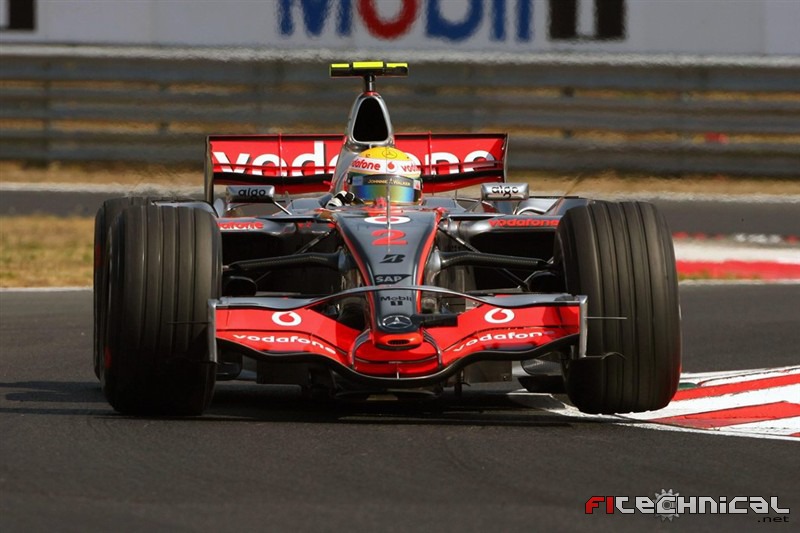ISLAMATRON wrote:No they dont do it at all, it is counterproductive... it would only serve to slow them down
A year ago or so I remember one of the pilots talking about how the diffusers were designed so that the car in the wake gets effected the most. Whoever it was, He had said that Toyota's diffuser was the best for disturbing the air (The Trulli Train?). I know I am speaking vaguely, but I am very sure a pilot said that.
I think one of the most (if not "the most") important problems about overtaking is that the cars virtually have to follow the optimal single line, not because of the nature of the layout but because the other parts of the track are dirty and have no grip, no rubber. So even if they had no wings at all, it would be still very hard to overtake someone from the dirty side.
So does anyone have an idea how to tackle that issue?




